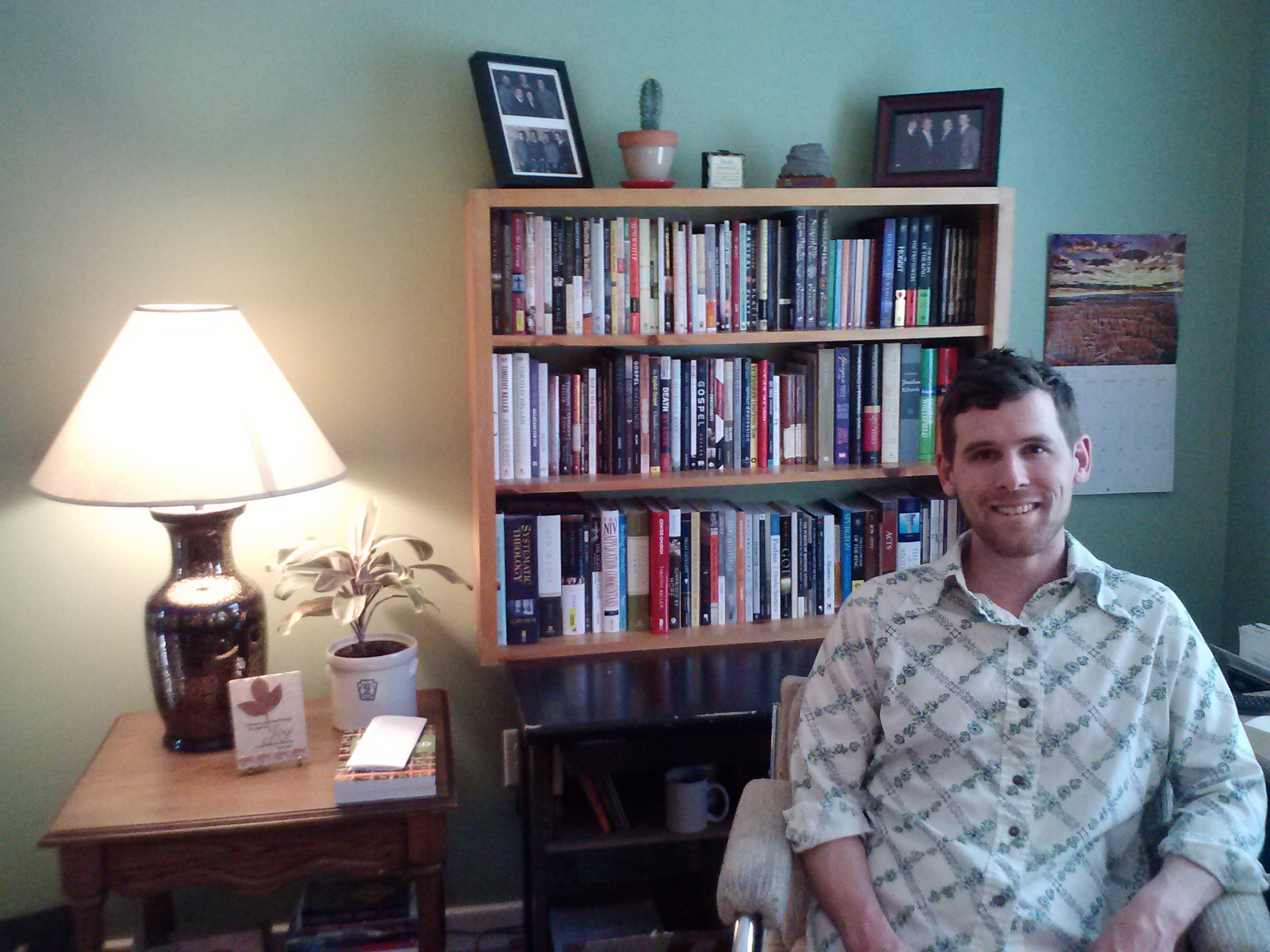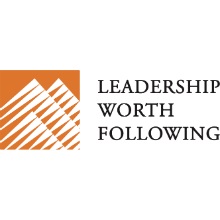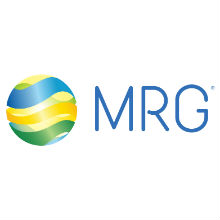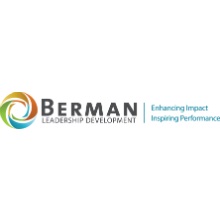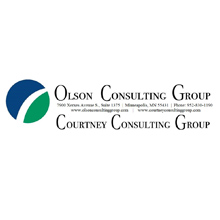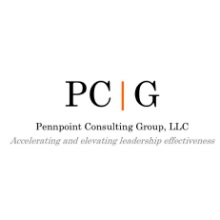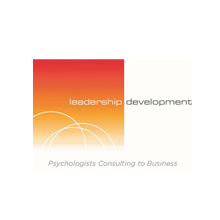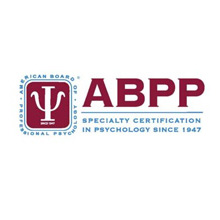Question & Answer about the SCP
What is Division 13?
Division 13 is a group of psychologist who use their skills and training in the business world. Most generally, an engagement can be either ‘internal’ or ‘external’ to the company, and varies in terms of many other factors including: scope, duration, and type of service. In almost all cases the ‘client’ is the company.
Who are the people that make up Division 13?
Persons from an array of backgrounds and niches, who share the common bond of applying psychological principles in the corporate setting. Health care, government, private equity, banking, mining, and technology are some of the industries being served by our membership. Consulting in this sector is competitive, and Division 13’s membership comprises some of the very successful members of this community.
Why would I want to get join/get involved in Division 13?
Doing so is one of the best ways to determine if consulting is a good career for those are who interested. For those who are, it is a warm group of excellent practitioners where professional development can be furthered, networks established and friendships built.
Where are the opportunities for me to do so?
The society’s governance structure is a volunteer-based, and often has openings for those looking to make an introductory contribution. The society gathers twice a year at the Mid-Winter Conference and APA National. Both are good places to meet people. The society maintains a journal that comes out four times a year, and actively solicits manuscripts from members. Students have a role in governance and the planning of the Mid-Winter Conference, and in these roles have the good fortune to meet and work with senior consultants.
How do I get a job in consulting?
A favorite saying is that “there are as many answers to that as there are consultants,” which from the outside looking in sounds daunting. Looking across the sector several commonalities are evident. Business-minded, networking-oriented, talented, ambitious, hard-working, charismatic, creative, competitive, self-starters are personality dimensions often represented in our membership. A job in consulting almost always comes through connections. Having those depends on being seen/recognized as someone worth hiring, which is largely a function of accomplishments/capability and personal like-ability.
Guidelines for Education and Training at the Doctoral and Postdoctoral Levels in Consulting Psychology/ Organizational Consulting Psychology
The purpose of these “Guidelines for Education and Training at the Doctoral and Postdoctoral Levels in Consulting Psychology/Organizational Consulting Psychology” is to provide a common framework for use in the development, evaluation, and review of education and training in consulting psychology/organizational consulting psychology (CP/OCP). The intent of these guidelines is to improve the quality of teaching and learning in the area of the practice of CP, especially OCP, within the scientific discipline and profession of psychology…
The Clinical Psychologist as Organization Diagnostician
In recent years there has been considerable concern with organizational change and organizational development. Much of this concern has stemmed from the group dynamics movement, and those who have practiced organizational devel- opment have been largely social psycholo- gists, sociologists, and others in a variety of disciplines who have applied variations of group dynamics techniques. A number of clinical psychologists have also been involved in this new direction…

